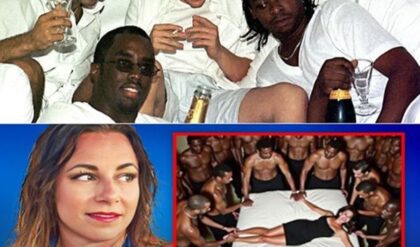The Touching Story of the Letter Jimmy Stewart Read Before Every Bombing Mission
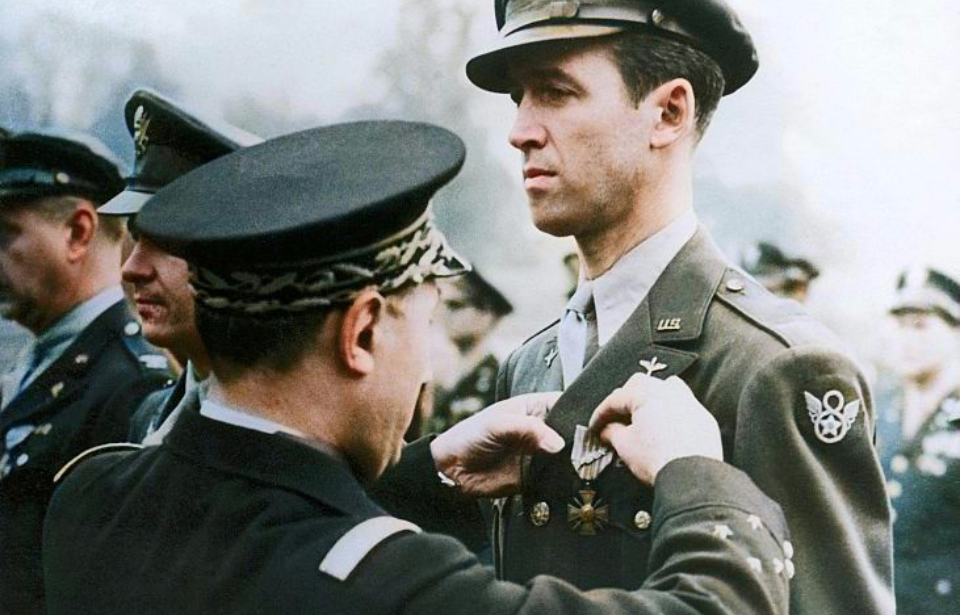
Famous for his memorable performances in classic films like The Philadelphia Story (1940), It’s a Wonderful Life (1946) and Anatomy of a Murder (1959), James “Jimmy” Stewart found a unique balance between his Hollywood roles and service to his country. Enlisting during the Second World War and retiring in 1968 with the rank of brigadier general, he did his part for the nation, and it was during the former that his father finally expressed how he truly felt about the actor.
History of military service in the Stewart family
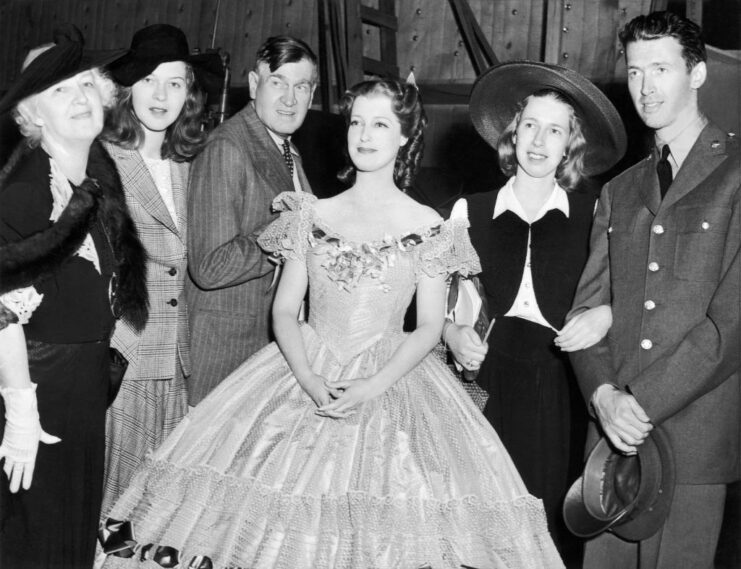
James “Jimmy” Stewart with his immediate family, 1941. (Photo Credit: Keystone-France / Gamma-Keystone / Getty Images)
Jimmy Stewart was born into a family with a deep military heritage. His third great-grandfather, Fergus Moorhead, had served in the US Revolutionary War, while his maternal grandfather fought with the Union during the American Civil War. His father, Alex Stewart, was also a veteran of the Spanish-American War.
From a young age, Stewart was a patriotic American who aspired to join the US Naval Academy in Annapolis, Maryland, with the goal of becoming a naval aviator. His father, however, had different plans for him and didn’t support this desired career path.
Attending Princeton University
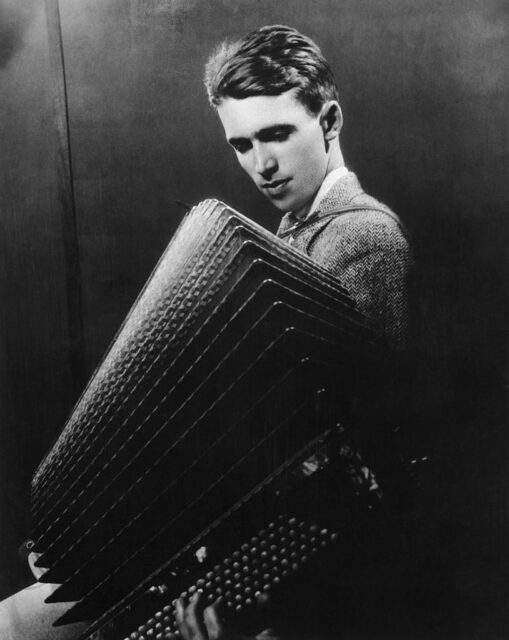
James “Jimmy” Stewart auditioning for the Triangle Club during his time at Princeton. (Photo Credit: Bettmann / Getty Images)
Before becoming a renowned Hollywood actor, Jimmy Stewart attended Princeton University, where his father, an alumnus, persuaded him to forego a military career, in favor of studying architecture. During his time at the post-secondary institution, Stewart was introduced to acting through the Triangle Club, participating in the group’s musicals.
While offered a scholarship to study architecture at Graduate School, Stewart opted to join the University Players. He then moved to New York City to pursue acting, but struggled to find work and made the decision to relocate to Hollywood, in search of better opportunities.
Jimmy Stewart enlists in the US Army
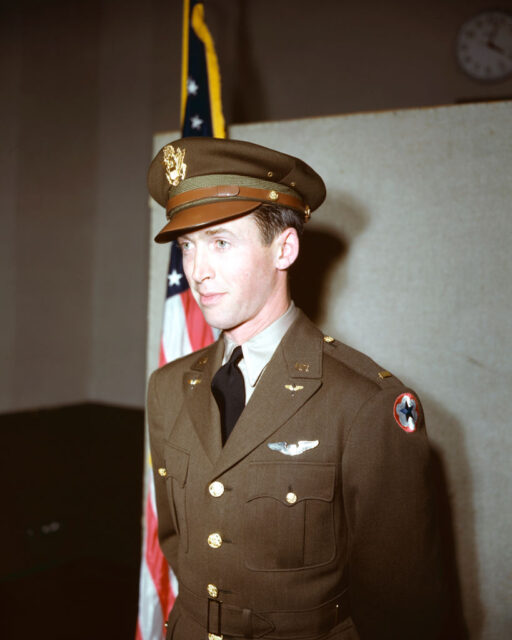
James “Jimmy” Stewart following his enlistment in the US Army Air Forces (USAAF), 1942. (Photo Credit: Silver Screen Collection / Getty Images)
Alongside his acting career, Jimmy Stewart was an avid civilian pilot, accumulating 400 flight hours. While he’d set aside his military aspirations, his passion for aviation remained. Eager to serve, he enlisted in the US Army before the United States officially entered the Second World War. While initially rejected, due to his weight, he was accepted in 1941, marking the very beginning of a decades-long career with the military.
When asked why he’d decided to put his acting career on hold, he said, “This country’s conscience is bigger than all the studios in Hollywood put together, and the time will come when we’ll have to fight.”
Parting ways with family
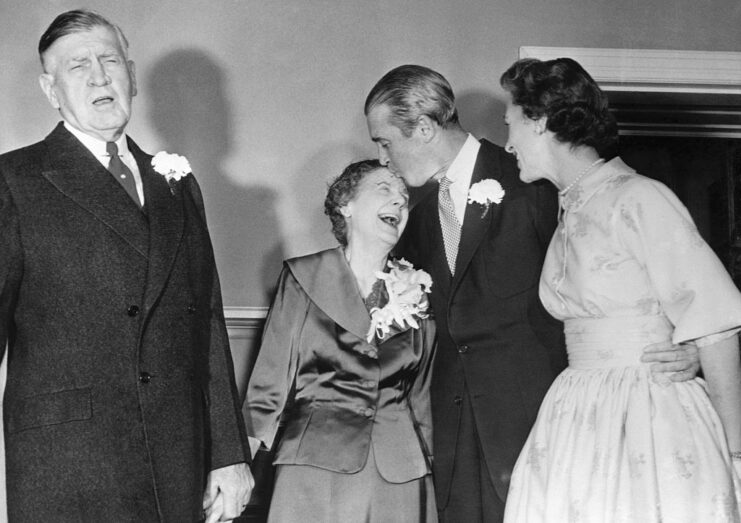
James “Jimmy” Stewart with his father, mother-in-law and wife, 1954. (Photo Credit: Bettmann / Getty Images)
Jimmy Stewart trained as a bombardier in the US Army Air Forces (USAAF) and was deployed to Europe in 1943 to fly aboard Consolidated B-24 Liberators with the 703rd Bomb Squadron, 445th Bombardment Group.
Prior to his departure, a small farewell celebration was held in Sioux City, Iowa, allowing his loved ones to say their goodbyes. At the time, the actor was in his early 30s and his interactions with his father were strained, at best. Stewart later admitted that they were both “afraid” of his departure, resulting in his father being unable to express himself.
“At the moment of parting, he studied his shoes a moment, then looked to the sky,” Stewart recalled. “I knew he was searching for a final word to sustain me, but he couldn’t find it. He opened his mouth, then shut it hard, almost in anger. We embraced, then he turned and walked quickly away. Only after he had gone did I realize that he had put a small envelope in my pocket.”
What did the letter say?
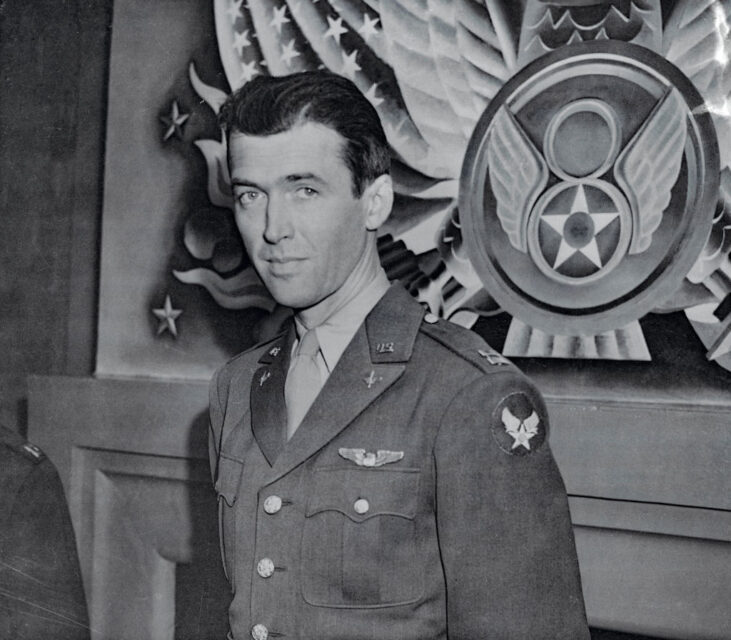
James “Jimmy” Stewart during his deployment to England, 1943. (Photo Credit: Bettmann / Getty Images)
The envelope from Jimmy Stewart’s father contained a book, titled The Secret Place – A Key to the 91st Psalm, and a brief letter. Psalm 91, which promises protection and refuge for the faithful, was chosen in the hope that it would keep his son safe during his time away. The elder Stewart wrote:
“The thing that takes the place of fear and worry is the promise in these words. I am staking my faith in these words. I feel sure that God will lead you through this mad experience. God bless you and keep you. I love you more than I can tell you. Dad.”
Stewart cherished the note, explaining, “Never before had he said he loved me. I always knew he did but he had never said it until now.”
Jimmy Stewart was a highly-decorated airman
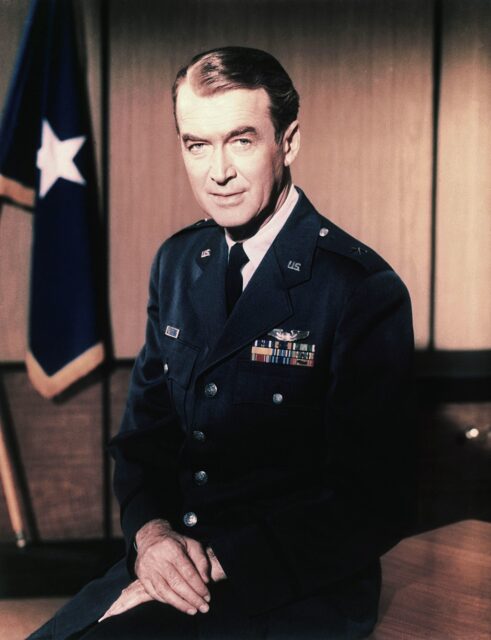
Brig. Gen. James “Jimmy” Stewart, 1968. (Photo Credit: U.S. Air Force / National Museum of the Unites States Air Force / Wikimedia Commons / Public Domain)
Moved by his father’s heartfelt words, Jimmy Stewart kept the booklet in his pocket throughout the Second World War, and he read the letter before each bombing mission he embarked on.
The actor completed 20 successful missions and was promoted to the rank of colonel by the time the conflict came to a close. His distinguished service earned him several accolades, including the Distinguished Flying Cross, a Presidential Unit Citation, the Air Medal with three oak clusters, a Presidential Unit Citation and the Croix de Guerre with palm.
Stewart continued his service with the US Army Air Forces (US Air Force, as of 1947) in the post-war era, holding such roles as officer of information at the Pentagon and deputy director of operations with the Strategic Air Command. In 1968, after over 27 years of service, he retired from duty as the highest-ranking actor in US military history.
